Researchers investigate genetic variants linked to paediatric diseases
Drug Discovery World
DECEMBER 13, 2022
PacBio, developer of sequencing solutions, has announced its HiFi sequencing technology will be used in a pilot project for the Children’s Rare Disease Cohorts Initiative (CRDC) at Boston Children’s Hospital. . As causative variants are identified by CRDC researchers, results are returned to participants.

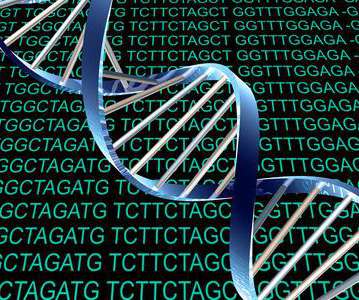
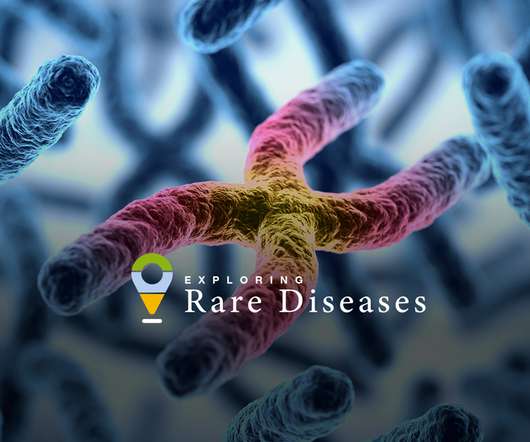



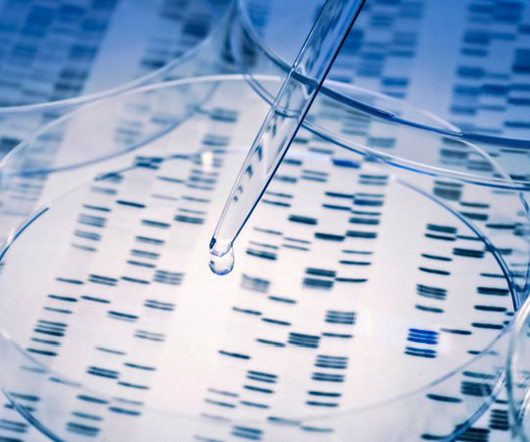
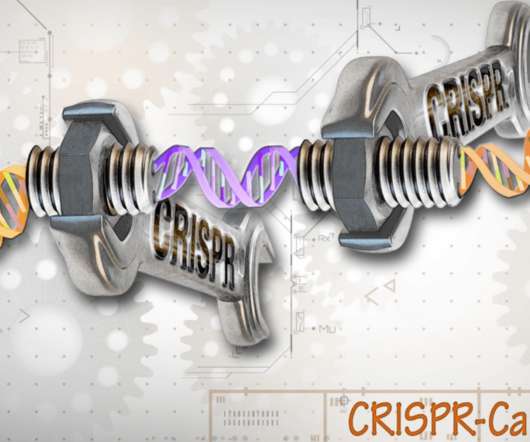

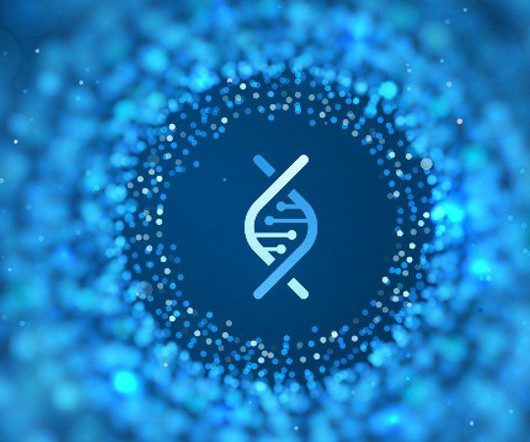








Let's personalize your content